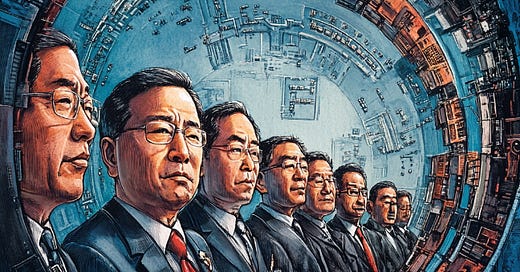China needs more inflation to save its economy - monetary policy can't do it alone
State-owned bank economist fires broadside at Modern Monetary Theory
Keep reading with a 7-day free trial
Subscribe to China Banking News to keep reading this post and get 7 days of free access to the full post archives.




